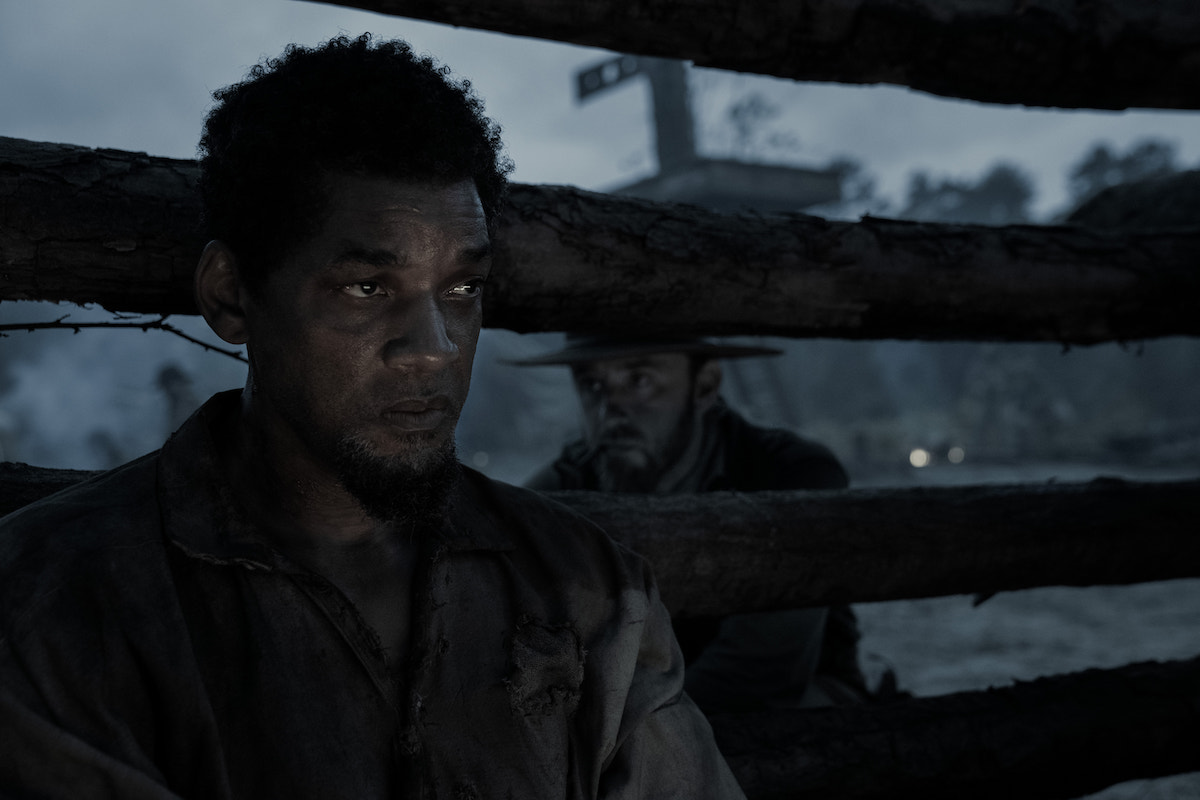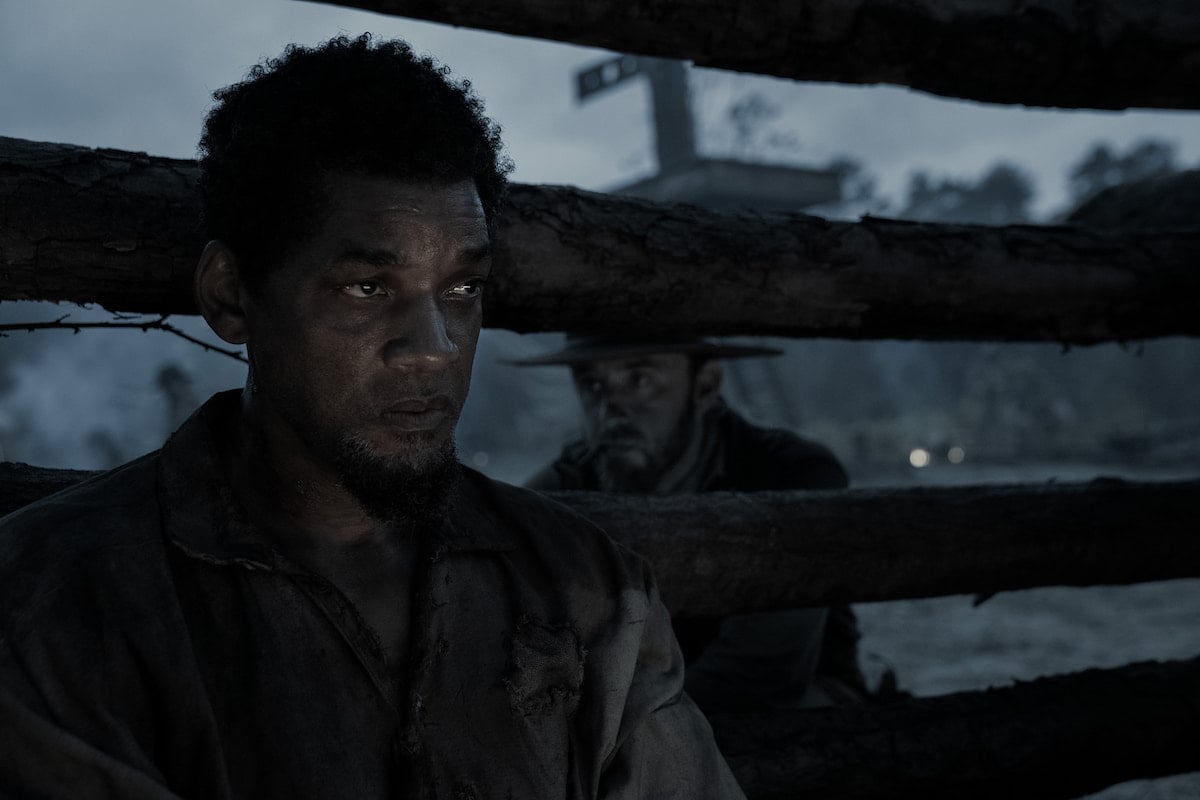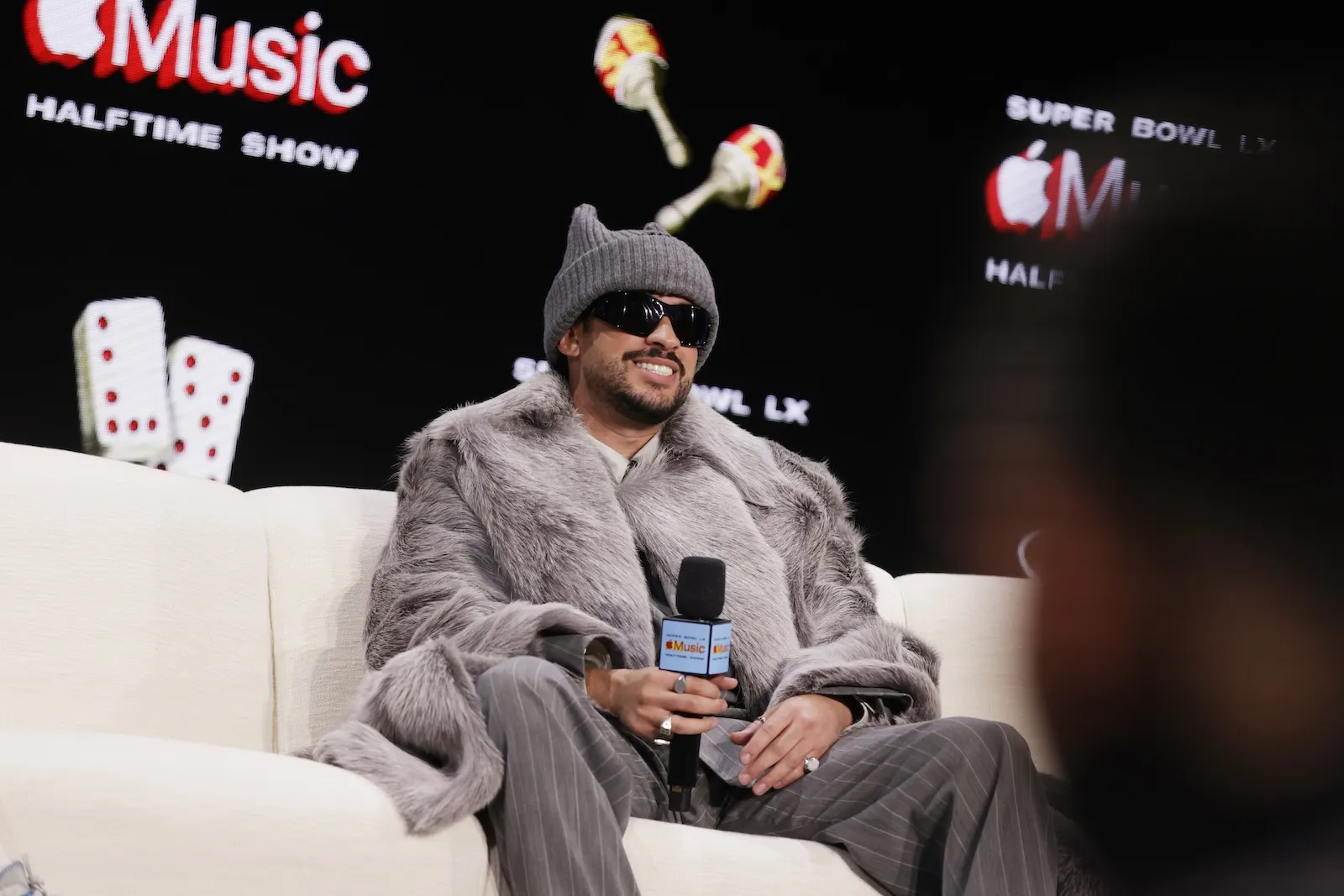
‘Emancipation’: Antoine Fuqua Wrote 2 Words on the Top of the Script to Remind Will Smith Not to Be Afraid
For many Americans, returning to the turmoil of the Civil War would be terrifying, but that’s what Will Smith has done in Emancipation. Directed by Antoine Fuqua, Emancipation marks the first starring role for Smith since the infamous Oscars slap and is arguably the best performance of the actor’s career. His inspiration, in part, came from two words Fuqua wrote at the top of the script, encouraging Smith not to be afraid.
‘Emancipation’ tells the true story of an escaped enslaved man

Emancipation takes place during the turmoil of the Civil War, when Will Smith’s character, Peter, is legally freed after the signing of the Emancipation Proclamation. However, he must escape his bondage in the South to claim that freedom. The film is based on a historical photo of an escaped enslaved man, Gordon (Smith’s character), known throughout history as “Whipped Peter.”
The photo and the man’s story came to light after Gordon, starving and near death, stumbled into a Union encampment in 1863 after a harrowing journey through the Louisiana swamps. The BBC reports that Gordon immediately asked to enlist, and the famous photo was snapped during his medical examination. In the image, Gordon sits with his bare back to the camera, revealing a horrific canvas of scars.
Smith, who has avoided films about slavery throughout his career, was moved by Gordon’s story and Fuqua’s vision of bringing it to the screen.
Asked why he changed his mind and decided to star in Emancipation, Smith told Complex that Fuqua “didn’t make a movie about slavery. It’s a movie about freedom.”
Will Smith discusses being directed by Antoine Fuqua and finding the courage for Peter
However, Gordon’s freedom was hard won. His journey, like many others, involved unspeakable horrors exacted on him physically, mentally, and spiritually.
In an interview with Vanity Fair, Fuqua talks about how he and the Emancipation cast focused on Gordon’s courage rather than fear.
“I wrote ‘sacred motivation’ on the top of my script,” Fuqua says, “because it was something more spiritual for me and for Will.”
Then he sat down with Smith and the Emancipation cast and crew to make significant cuts to the script with one focus: “I remember saying, ‘Let’s take out anything that says Peter is afraid.’”
Fuqua’s goal was not to dwell on brutality, as many other films in the genre do, but to investigate the concept of freedom in Emancipation.
“What he had was, he was free in the mind,” Fuqua says. “His body was a slave, [but] his mind was free. His heart was free. His spirit was free. He was free to love. He was free to be unselfish, to help other people. He was free to inspire.”
Smith, whose Oscars slap scandal nearly caused Emancipation to push back its release date, found profound meaning in the film’s theme relating to his personal struggles, too.
“There was a certain inner emancipation that Peter had, and that was a big part of what I wanted to study,” Smith told BET. “I would say Peter has been a great friend in my heart these last few months.”
Antoine Fuqua’s vision for ‘Emancipation’
Although one of freedom and courage, the story cannot be adequately told without showing what Peter (and the real-life Gordon) endured to claim it. Fuqua understands that and how painful the film’s brutality will be for many viewers.
Yet the director points out that, while many may not want to see it, that brutality is necessary to understand what humans do to one another in the name of two intrinsic facets of society: money and power.
“[Slavery is] about industry,” Fuqua tells Vanity Fair.
But although the darkness needs to be remembered, it is the light that Emancipation seeks to put forth — the freedom and love that Peter holds in his mind and spirit long before he is physically free.
“That’s what the movie is really about — unselfish love,” Fuqua says. “It’s a love story. I’ve always said that.”


